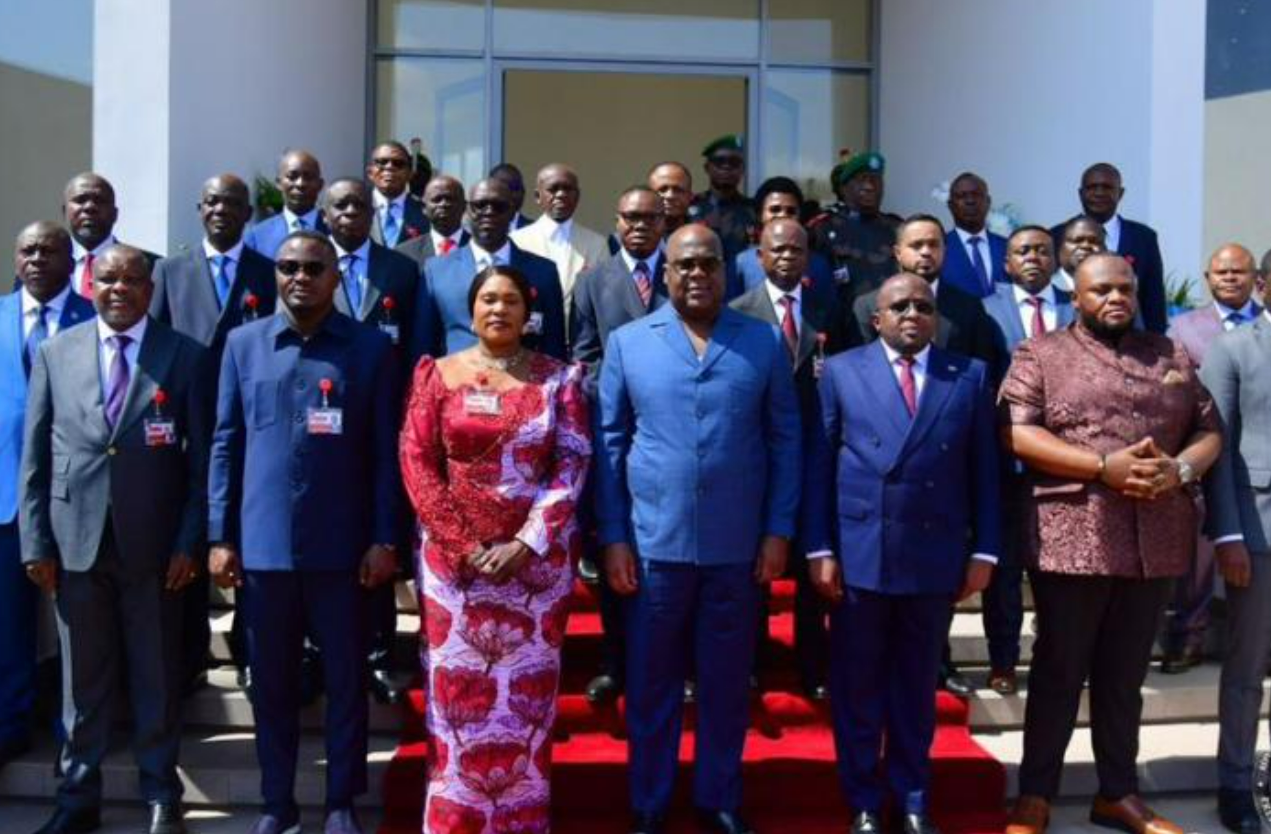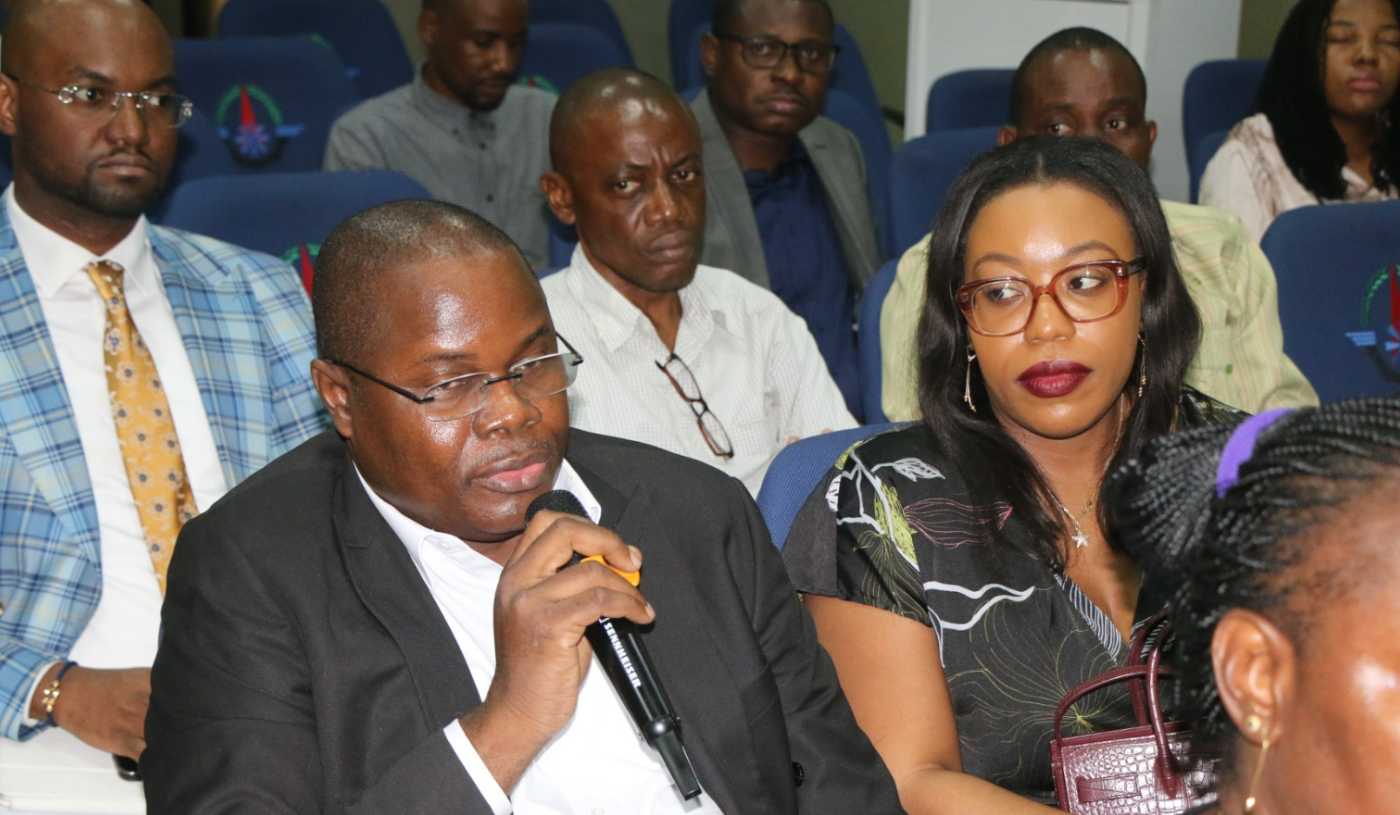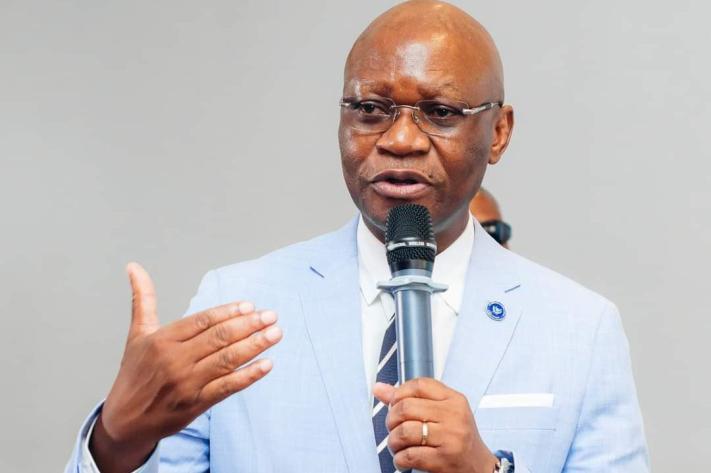Important challenges
The Universal Health Coverage Technical Coordination Committee has developed a national universal health coverage (UHC) strategic plan through a participatory and inclusive process based on a multisectoral approach.
The DRC faces multiple challenges as it progresses towards UHC:
- extending health risk coverage
- reducing the fragmentation of funding schemes
- sustaining UHC funding
- defining a package of guaranteed essential services
- developing compulsory membership mechanisms
- strengthening the targeting of beneficiaries of medical assistance schemes
- strengthening the management and coordination of the various schemes
A complex structure
The traditional stakeholders in UHC implementation are the ministries of social security, health and social affairs. However, implementing UHC has been accompanied by the creation of several structures, including the Health Solidarity Fund (FSS), the Health Promotion Fund (FPS), the UHC Regulatory Agency (AR-CSU), the National Institute of Public Health (INSP), the National Agency for Clinical Engineering, Health Information and Informatics (ANICIIS). These newly created structures, currently in their implementation phase, require capacity building and mechanisms for effective coordination.Listed below are mechanisms that will collect specified funds that the FSS will pool. The FSS will also pay benefits.
- The National Social Security Fund (CNSS) will collect contributions for health benefits for contract private-sector workers.
- The National Social Security Fund for Public Agents of the State (CNSSAPE) will collect contributions for health benefits for all public agents of the state.
- The National Social Services Fund (FNSS) of the Ministry of Social Affairs will collect health contribution funds from the vulnerable and people living in poverty.
- Community-Based Health Insurance (CBHI) schemes will collect funds from workers in the informal economy and in the agropastoral sector, as well as from other groups.



